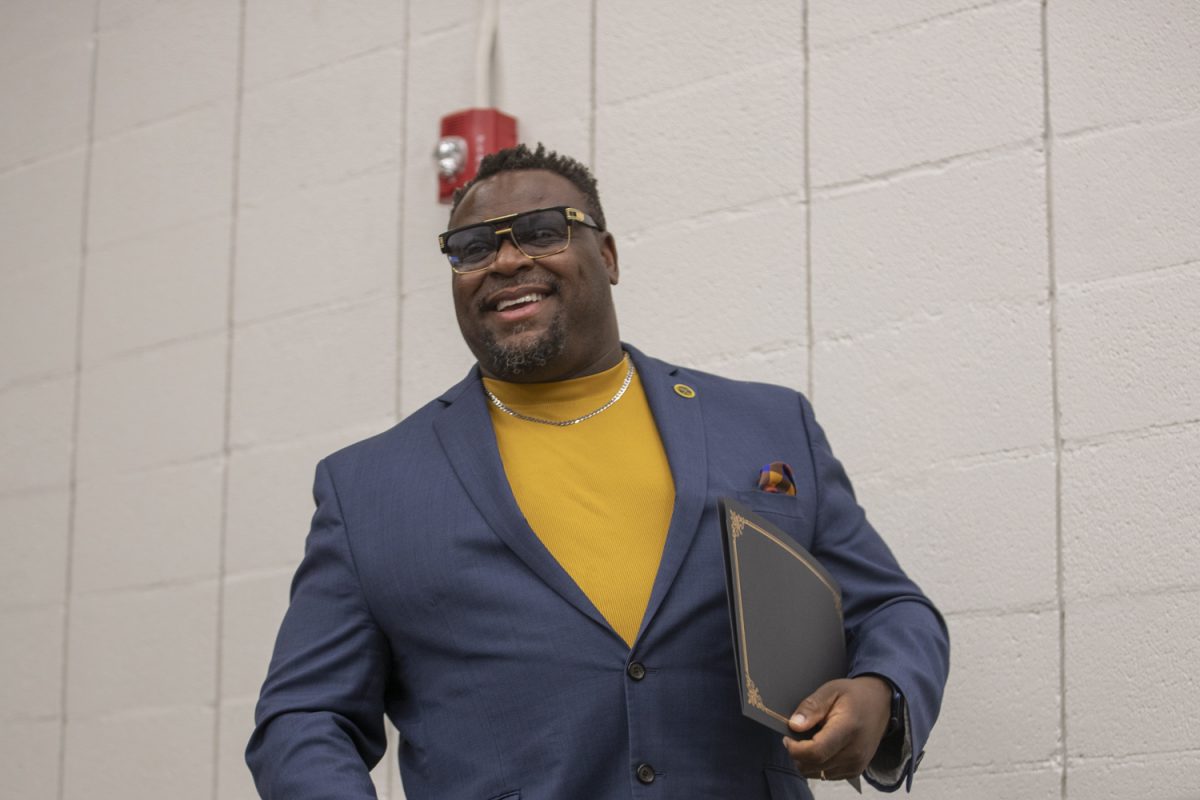The Iowa City City Council is continuing to discuss a proposed sister city partnership, which will expand Iowa City’s connections across the globe.
In March, Iowa City joined Sister Cities International, an organization dedicated to fostering connections between communities among nations.
The proposition, originally brought to the council by Deputy City Manager Redmond Jones II, would see Iowa City partner with an international city, allowing for economic and cultural interactions between the two populations.
The city has been deliberating on the subject since April, Iowa City Mayor Bruce Teague said in the council’s work session on Sept. 17.
The primary point of concern the city council had during their work session was how the sister city connection would be organized. City Attorney Eric Goers submitted a memo to the council detailing the possibility of partnering with a nonprofit to manage the sister city relationship.
A nonprofit setup would likely include bylaws and council oversight, as recommended by Goers in his memo. It would be formed to model other communities’ sister city programs, such as those in Dubuque and Des Moines, and include fundraising elements to entertain economic interactions between cities.
Dubuque’s sister city program was at one point run by a commission, Travel Dubuque Chairperson Kevin Firnstahl said. Dubuque has partnerships with both Handan, China, and Dornbirn, Austria.
Firnstahl said Dubuque switched from a city-sponsored commission to a nonprofit organization, akin to what Iowa City is considering, to give the program more freedom.
RELATED: Iowa City City Council pursues international sister city
“They had to do things under the rules of the city council and Iowa codes. It was difficult to do some of this stuff because we had to keep track of things under city code,” Firnstahl said.
Firnstahl said as a result of the sister city program, there have been noticeable cultural impacts on the city, including immigrants from Austria opening businesses in the city. He said that reorganizing the sister city commission into a nonprofit helped the program to be better managed.
In the meeting, Iowa City Councilor Megan Alter stated that, as a budgetary concern, forming or partnering with a separate entity could avoid strain on the city’s resources.
“I’m thinking of capacity of staff, and we are already spread too thin,” Alter said.
The council also discussed some organizations that might be considered for a nonprofit partnership.
Councilor Andrew Dunn evaluated the idea of a hybrid organization, where a new organization would be formed with by-laws and city council involvement for oversight, though it would remain a wholly separate organization.
“A potential avenue would be we designate one or two people to contact the interested stakeholders in the community,” Dunn said.
The deliberations arrived at partnering with an existing nonprofit or creating an entirely new organization. The United Nations Educational, Scientific, and Cultural Organization, or UNESCO City of Literature organization in Iowa City, gave a presentation to the council before the sister city discussions began, and council members referenced it as a possible partnership.
Mayor Pro Tem Mazahir Salih said she would prefer to form a new organization. She said she believed a new organization could allow the council to craft a more diverse committee better suited to handle issues of international cultural interaction.
“I don’t think [existing organizations] are as diversified as I’d want for this kind of group,” she said. “We want people in the community to participate.”



